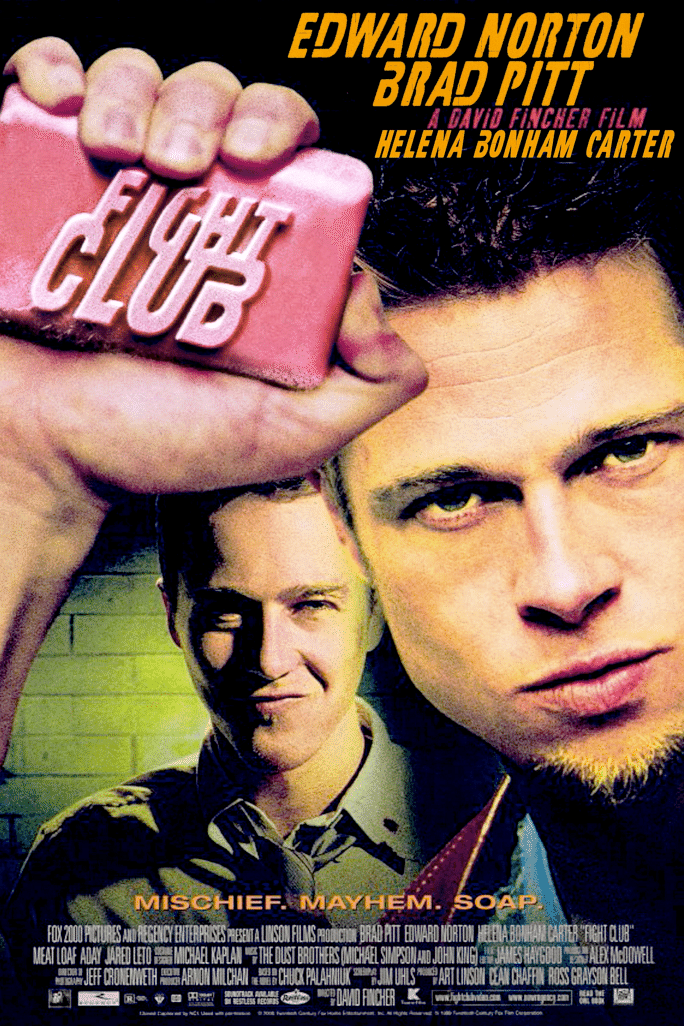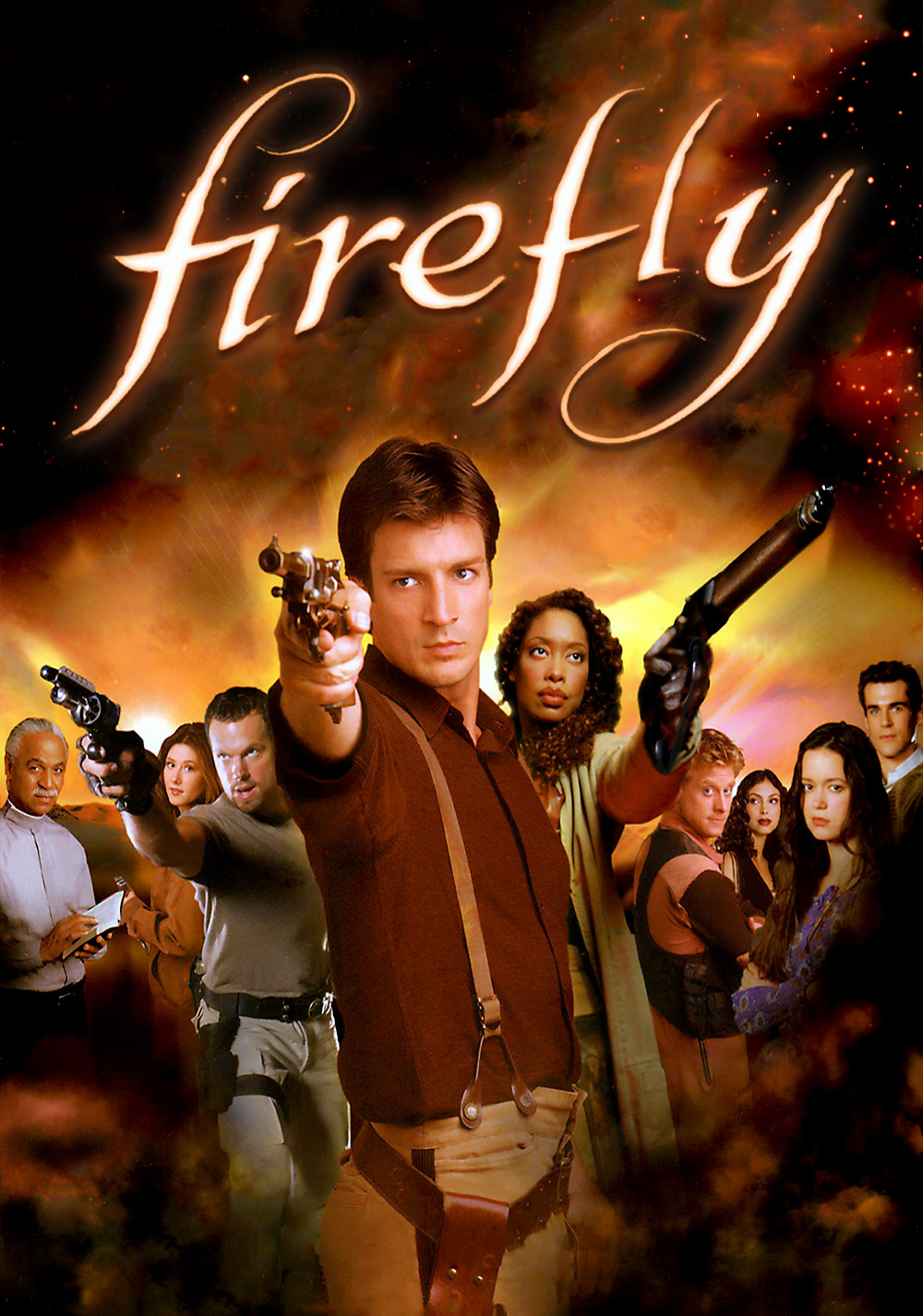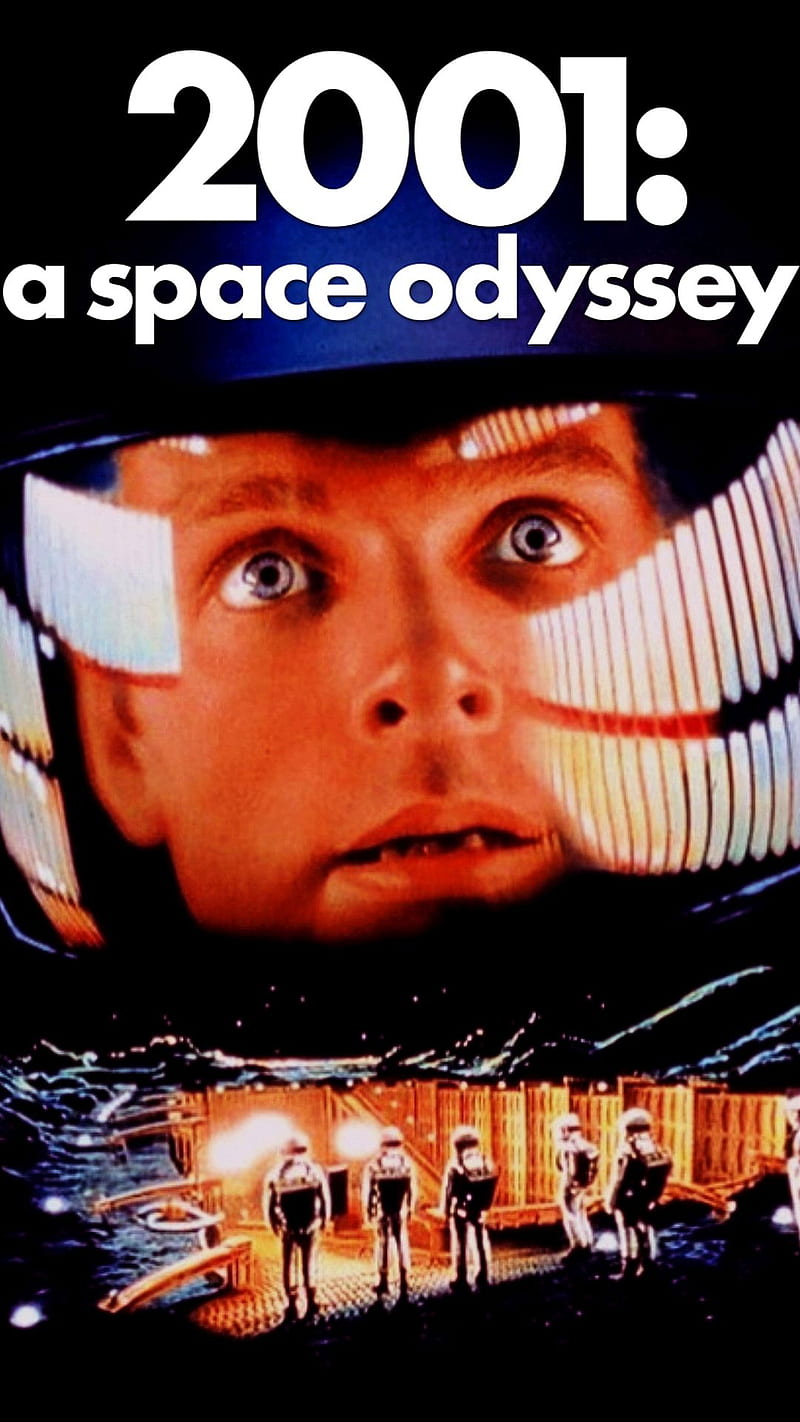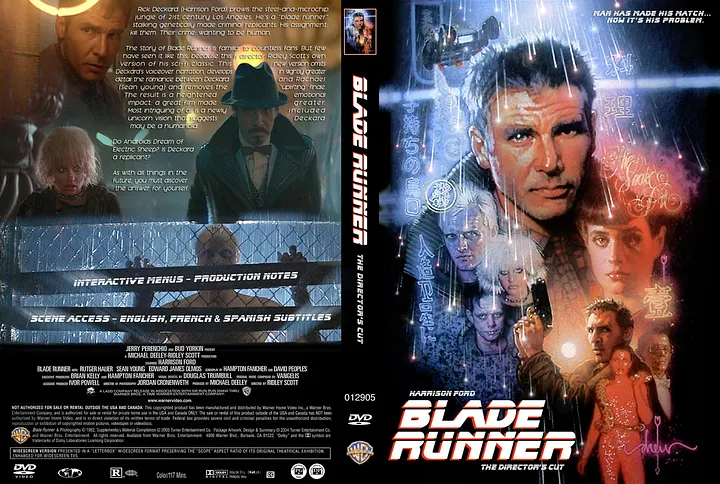In the world of cinema, heroes and villains have always stolen the limelight, but it’s the complex characters in between who often leave the most lasting impressions. Antiheroes, with their moral ambiguity and unconventional values, challenge our perceptions of right and wrong. This list of the “Top 10 Films with Memorable Antiheroes” delves into the intricacies of such characters, exploring their dark and often morally conflicted journeys. These films showcase the power of storytelling to make us empathize with characters who are far from traditional heroes, reminding us that in the shades of gray, we often find the most compelling tales.
1. “Taxi Driver” (1976)
In Martin Scorsese’s gritty masterpiece, “Taxi Driver,” Robert De Niro plays Travis Bickle, a disturbed Vietnam War veteran who becomes a taxi driver in the mean streets of New York City. Bickle’s descent into madness and vigilantism is both haunting and mesmerizing. He’s an antihero driven by an unwavering belief in his own code of justice. This character’s unforgettable presence and De Niro’s iconic performance are reasons enough for “Taxi Driver” to secure its place among the top films featuring memorable antiheroes.
2. “A Clockwork Orange” (1971)
Stanley Kubrick’s adaptation of Anthony Burgess’s novel introduces us to Alex DeLarge, a young delinquent with a penchant for ultra-violence and classical music. Malcolm McDowell’s portrayal of Alex is chillingly charismatic, making us simultaneously repulsed and enthralled by his actions. “A Clockwork Orange” is an unforgettable exploration of free will, state control, and the nature of evil, cementing Alex as one of cinema’s most enduring antiheroes.
3. “Fight Club” (1999)
David Fincher’s “Fight Club” takes us on a rollercoaster ride through the psyche of the unnamed narrator, played by Edward Norton, and his alter-ego, Tyler Durden, portrayed by Brad Pitt. With an anarchistic agenda and a disregard for societal norms, Tyler Durden is the epitome of an antihero. The film’s deep dive into consumerism and masculinity, combined with Norton and Pitt’s stellar performances, makes “Fight Club” a cult classic and a prime example of antihero-driven cinema.
4. “Scarface” (1983)
Brian De Palma’s “Scarface” follows the rise and fall of Tony Montana, played by Al Pacino, as he becomes a drug lord in Miami. Tony’s ruthless pursuit of the American Dream and his insatiable appetite for power and wealth make him a captivating antihero. “Scarface” is celebrated for its iconic quotes, Pacino’s explosive performance, and its portrayal of the dark side of the American Dream. Tony Montana’s morally ambiguous journey is both unforgettable and compelling.
5. “No Country for Old Men” (2007)
The Coen Brothers’ “No Country for Old Men” introduces us to Anton Chigurh, portrayed by Javier Bardem, a cold-blooded hitman with an enigmatic sense of morality. Chigurh’s relentless pursuit of a briefcase full of money and his use of a captive bolt pistol are chillingly memorable. The film’s cat-and-mouse game between Chigurh and Llewellyn Moss, played by Josh Brolin, showcases the complexity of an antihero-driven narrative. Chigurh’s eerie presence and Bardem’s Academy Award-winning performance are unforgettable.
6. “American Psycho” (2000)
Based on Bret Easton Ellis’s novel, “American Psycho” stars Christian Bale as Patrick Bateman, a wealthy New York City investment banker with a sinister double life as a serial killer. Bateman’s obsession with materialism, his sadistic tendencies, and his unreliable narration make him a compelling antihero. The film’s satirical take on the excesses of the 1980s and Bale’s chilling performance contribute to its status as a memorable antihero-driven film.
7. “Deadpool” (2016)
“Deadpool,” directed by Tim Miller and starring Ryan Reynolds, introduces Wade Wilson, a foul-mouthed and morally ambiguous mercenary who becomes the antihero Deadpool after a rogue experiment leaves him disfigured but with accelerated healing powers. Deadpool’s irreverent humor, self-awareness, and penchant for breaking the fourth wall make him a unique and memorable antihero in the superhero genre. The film’s success and Reynolds’ charismatic portrayal have solidified Deadpool’s place among beloved antiheroes.
8. “Natural Born Killers” (1994)
Oliver Stone’s “Natural Born Killers” revolves around Mickey and Mallory Knox, played by Woody Harrelson and Juliette Lewis, a young couple who embark on a killing spree. Their love story, set against a backdrop of media sensationalism, is a disturbing exploration of the cult of celebrity and violence in America. Mickey and Mallory are antiheroes whose charm and brutality challenge our perceptions of right and wrong, making “Natural Born Killers” a memorable and controversial film.
9. “The Wolf of Wall Street” (2013)
Martin Scorsese’s “The Wolf of Wall Street” introduces us to Jordan Belfort, portrayed by Leonardo DiCaprio, a stockbroker whose unbridled ambition leads him to become a wealthy and corrupt figure in the financial world. Belfort’s charismatic but morally bankrupt character is a prime example of an antihero driven by greed and excess. The film’s exploration of Wall Street’s debauchery, coupled with DiCaprio’s magnetic performance, cements “The Wolf of Wall Street” as a compelling portrayal of an antihero.
10. “One Flew Over the Cuckoo’s Nest” (1975)
While not a typical antihero, Randle P. McMurphy, portrayed by Jack Nicholson in “One Flew Over the Cuckoo’s Nest,” is a character who challenges authority and the oppressive mental health system. McMurphy’s rebellious and chaotic nature endears him to the audience as he inspires his fellow patients to break free from the institutional constraints. The film’s exploration of the human spirit and individuality, combined with Nicholson’s iconic performance, secures “One Flew Over the Cuckoo’s Nest” as a memorable and unconventional representation of an antihero.
In conclusion, these ten films with memorable antiheroes take us on journeys that challenge our understanding of morality and ethics. These complex characters, from Travis Bickle to Tony Montana, from Deadpool to Randle P. McMurphy, linger in our minds long after the credits roll. The films themselves, whether exploring themes of violence, consumerism, or the American Dream, remain enduring classics that demonstrate the power of antiheroes in storytelling. They remind us that, in the morally ambiguous spaces between hero and villain, we often find the most thought-provoking and unforgettable narratives in cinema.



